Rôle de PCSK9 et des anticorps thérapeutiques associés dans la biologie des cellules interstitielles de la valve aortique.
Responsable de l’encadrement : Jamila Laschet
Tél : 0675908236… E-mail: jamila.laschet@inserm.fr………………………
Laboratory for Vascular and Translational Science, INSERM U1148
Résumé du Projet de Stage
Calcified aortic valve disease (CAVD) is the most common heart valve disease in developed countries. Despite major advances in the treatment of CAVD by surgical or percutaneous valve replacement, there is currently no pharmacological treatment able to slowing down or stopping the progression of the disease.
CAVD develops through a progressive and multifactorial pathological process involving the biologic response of valve interstitial cells (VICs) to sub-endothelial deposits of lipoproteins. In particular, LDL-cholesterol and Lipoprotein(a) [Lp(a)] infiltration in the valve leaflet may ultimately trigger the transition of interstitial valve cells (VICs) towards a pro-calcifying phenotype. Several recent works point out that Lifelong exposure to high LDL-cholesterol or Lp (a) increases the risk of symptomatic aortic stenosis, suggesting that early lipid-lowering treatment may be effective in its prevention.
PCSK9 inhibitors constitute a new pharmacological class which is effective in reducing plasma concentration of both LDL-C and Lp(a). However, PCSK9i therapy is associated with dramatic stable and lasting elevations in plasma PCSK9 concentration, that is an independent predictor factor of CAVD. Therefore, these observations lead to initiate a new project and raise the following questions about this contradictory effect of PCSK9i therapy on valve calcification:
I/ Does the lipid-lowering treatment by anti PCSK9 prevent VICs calcification
Recently, we have shown that the contact with the plasma from CAVD patients in vitro leads to a pro-calcifying phenotype of VICs deriving from healthy aortic valves. To investigate whether lowering LDL-C and Lp(a) could impact on the phenotypic change of VICs to a pro-calcifying profile we propose to evaluate the effect of plasmas deriving from the same patient, before and after treatment with anti-PCSK9, on the pro-calcifying phenotype of aortic valvular cells, in vitro.
II/ Is there a direct role for plasma PCSK9 and/or for anti-PCSK9 antibodies on VICs calcification?PCSK9 could exert a direct role in the biology of VICs, particularly in response to the contact with plasma lipids. Similarly, the biologic response of VICs to the plasma of patients treated with anti-PCSK9 antibodies could reflect the effect of the specific antigen-antibody immuno-complexes formed in the blood and deposited in the valve leaflets. To address this question, we will study the effect of recombinant PCSK9, in the presence or not of the specific therapeutic antibodies, on the osteogenic trans-differentiation of VICs, in vitro.
This thesis program comprises a broad range of research approaches, from molecular biology to medical applied research through to cell biology and immunology. The results will shed light on a possible direct effect of PCSK9 on the calcification process and could provide important experimental evidence for the use of anti-PCSK9 antibodies in patients affected by CAVD.
Dernières Publications en lien avec le projet :
Morvan M, Arangalage D, Franck G, Perez F, Cattan-Levy L, Codogno I, Jacob-Lenet MP, Deschildre C, Choqueux C, Even G, Michel JB, Back M, Messika-Zeitoun D, Nicoletti A, Caligiuri G, Laschet J. 2019. J Am Coll Cardiol 73: 1043-54
Ce projet s’inscrit dans la perspective d’une thèse
Ecole Doctorale de rattachement : BioSPC ED562
Equipe d’Accueil : Cardiovascular immunology
Intitulé de l’Unité : Laboratory for Vascular and Translational Science, INSERM U1148
Nom du Responsable de l’Unité : Didier Letourneur t
Nom du Responsable de l’Équipe : Giuseppina Caligiuri
Adresse : 46 Rue Henri Huchard,75018 Paris
INSERM U1148 – Laboratory for Vascular Translational Science
Université Paris Cité

